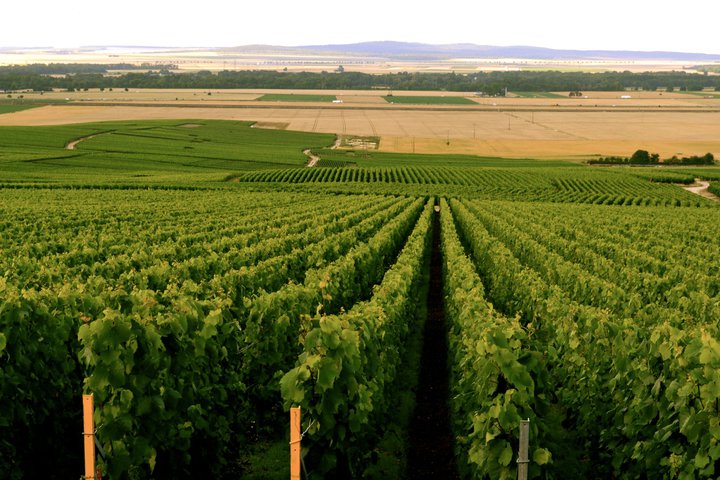The Standing Committee on Organic Farming (“SCOF”) agreed yesterday, February 8, 2012 to new EU rules governing the production of organic wines for the 2012 harvest season. (See New EU Regulation Agreed for 2012 Harvest of Organic Wine.) These rules will be published in the Official Journal in the upcoming weeks. This is the first time EU wine producers can use the term “organic wine” on wine labels, as the EU rules previously regulated “wine made from organic grapes,” but did not cover the entire production of organic wine due to alleged disagreements on the standard for producing organic wines. (See EU Agrees Organic Wine Standard.)

The new regulation will apply to the 2012 harvest of EU wines. The laws require labels to “show the EU-organic-logo and the code number of their certifier, and must respect other wine labelling rules.” (See New EU Regulation Agreed for 2012 Harvest of Organic Wines.) The rules establish a subcategory of oenological practices and substances for organic wines as defined in the Wine Common Market Organisation (“CMO”) Regulation 606/2009. (Id.) Specifically, “[t]he new guidelines now specify certain production methods and auxiliary substances. Wine producers wishing to use the EU organic seal will, for instance, have to forego using sorbic acid completely, and will be able to use sulfites for preservation purposes only in smaller amounts than is the case for conventionally produced wine; the difference amounts to a minimum of 30 to 50 milligrammes, depending on the residual sugar content of the wine.” (See EU Commission Passes Organic Wine Guidelines.) In addition to these practices, organic wine must be produced from organic grapes as defined under Regulation 834/2007. (See New EU Regulation Agreed for 2012 Harvest of Organic Wines.)
It is believed that the introduction of the new EU regulations for organic wines will greatly improve the international market for organic wines from the EU. This is especially beneficial considering the significant amounts of organic wines from other countries (e.g., the United States, Australia, South Africa, and Chile) that are available in the international market. These countries already established benchmarks for the production of organic wines. From an internal level, these regulations mark the “completion” of EU organic farming, as all agricultural products are now covered under organic standards. (Id.) Finally, many believe the internal market of the EU will be strengthened through these regulations by increasing customer awareness and product transparency.
For more information, see the official European Commission press release at New EU Rules for ‘Organic’ Wine Agreed.
Photographs are property of Lindsey A. Zahn.